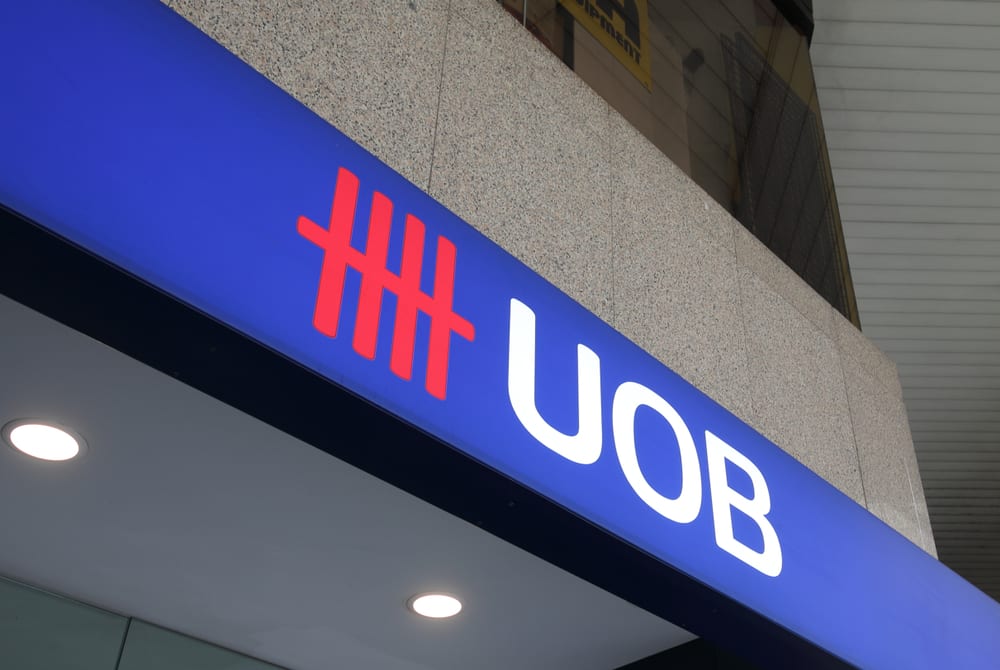
The 2025 UOB annual general meeting marked a significant milestone as the bank celebrated its 90th anniversary, reflecting on its transformation from a small bank in Singapore into a leading regional institution. It is also the only one among the three local banks whose top management is still led by the founding family.
Here are six things I learned from the 2025 UOB AGM.
1. CEO Wee Ee Cheong noted that there are still many uncertainties arising from geopolitical tensions and the impact of tariffs. The recent tariffs announced by the U.S. administration have created volatility in global financial markets and undermined business confidence. In the near term, UOB expects disruptions and a slowdown in demand. However, global trade and supply chain dynamics continue to make the ASEAN region an attractive place to do business. UOB will remain vigilant in monitoring evolving risks and opportunities, and stands ready to support its customers. Wee emphasised that this is not the first time UOB has faced market volatility and external shocks; the bank has weathered many crises before.
2. A shareholder asked about UOB’s cost-to-income ratio, which is currently over 42% and higher than its peers. The CEO explained that UOB is still very much a growing organisation and will continue to expand. He emphasised that the bank must remain committed and persistent in pursuing growth opportunities. He added that the investments made by UOB have been directed toward building the organisation. In addition, the rising cost of compliance, particularly in combating scams, has also contributed significantly to overall expenses.
3. UOB reaffirmed its commitment to its net-zero goals by 2050 and has grown its sustainable finance portfolio to S$58 billion, with progress in sectors like real estate, renewables, and EV-related value chains. In response to shareholder queries, UOB confirmed it would not follow U.S. banks in backtracking on coal financing pledges and remains focused on supporting ASEAN’s green transition.
4. UOB recently opened a foreign direct investment (FDI) office in Seoul. In addition, the bank also has FDI offices in Japan and Europe. The purpose of these offices is to attract capital and encourage investment into the ASEAN region.
5. UOB recently announced the sale of its retail banking business in China to Fubon Bank. The CEO explained that the bank wants to remain focused on the ASEAN region. He believes that while they can benefit from China’s growth, operating directly in China does not offer a competitive advantage. In contrast, UOB has a clear competitive edge within ASEAN.
6. UOB has successfully completed the integration of Citigroup’s operations in Indonesia, Malaysia, and Thailand, with Vietnam being the final market scheduled for integration in the second half of the year. Commenting on the Thailand integration, which was completed in April last year, management noted that it involved the largest customer base among the four countries. Nearly two million customers were migrated over a single weekend, resulting in a significant surge in activity. Customers had to adapt to new payment cycles, product features, and other changes, despite UOB’s proactive communication efforts.
While the bank anticipated two to three times the usual volume of customer service calls, actual call volume exceeded four times the expected level. As a result, UOB had to scale up its call centre operations, and it took approximately three months to fully stabilise the situation. In comparison, earlier integrations in Malaysia and Indonesia encountered similar issues but were more manageable due to smaller customer volumes and stabilized more quickly. UOB does not anticipate the same scale of challenges for the upcoming Vietnam integration, as the portfolio is relatively small.
The fifth perspective
Overall, the 2025 UOB AGM highlighted the bank’s continued commitment to long-term growth, regional focus, and operational resilience amid a challenging global environment. From navigating geopolitical uncertainties to scaling its green finance initiatives and completing major regional integrations, UOB demonstrated a clear strategic direction anchored in ASEAN. The leadership’s emphasis on sustainable development, disciplined expansion, and customer support reinforces confidence that UOB is well-positioned to drive value for shareholders and stakeholders in the years ahead.
Liked our analysis of this AGM? Click here to view a complete list of AGMs we’ve attended »



